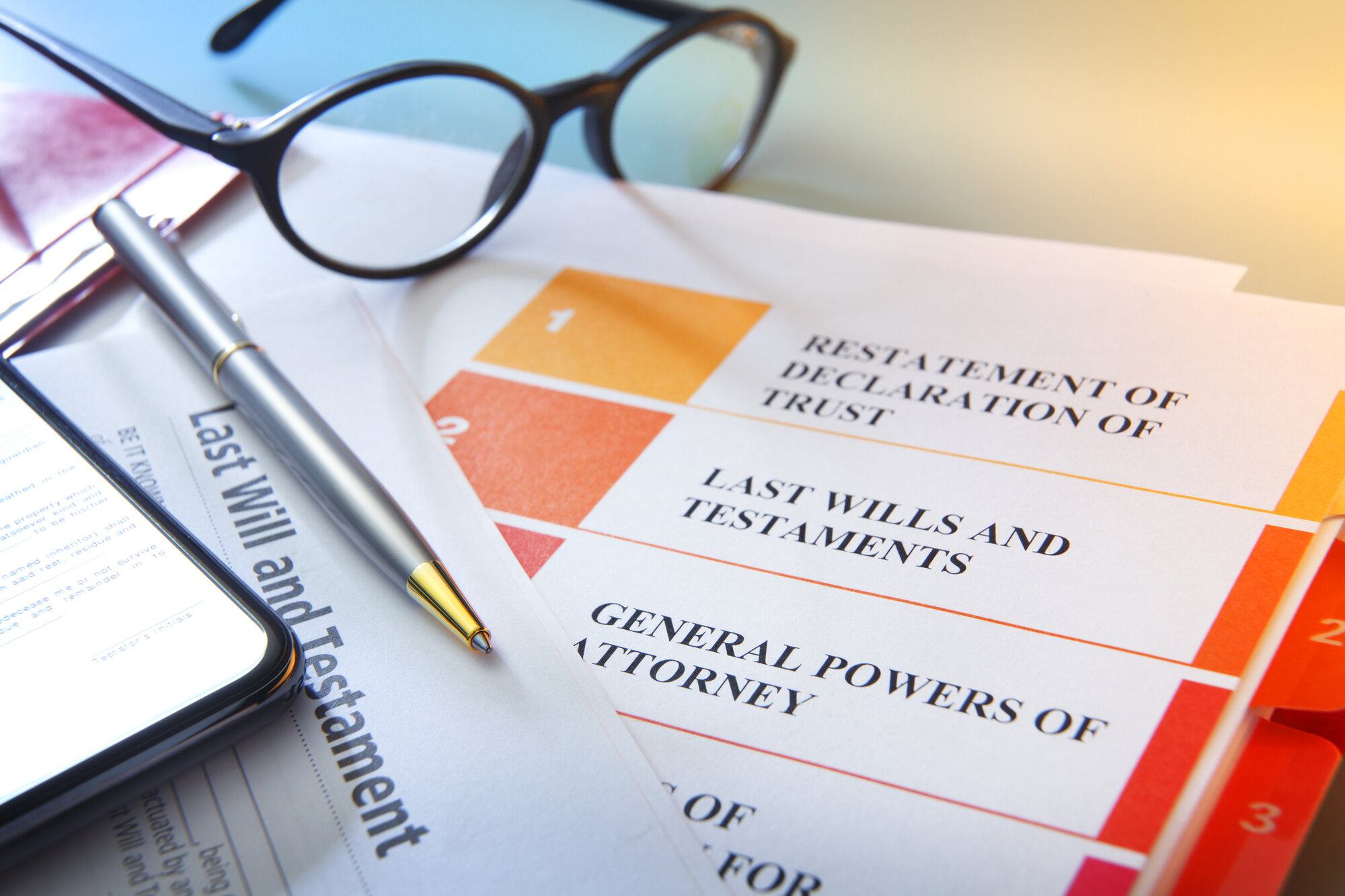When it comes to being appointed Power of Attorney of someone’s property, health or wellbeing there are misconceptions of the decisions you are entitled to make.
A Power of Attorney is a legal document that gives someone else the right to make decisions on your behalf. Within Ontario there are three different kinds of Power of Attorneys:
- Continuing Power of Attorney for Property: someone who covers your financial affairs and will make decisions on your behalf in case you become mentally incapacitated.
- Non-Continuing Power of Attorney for Property: someone who only covers your specified financial affairs.
- Power of Attorney of Personal Care: someone is appointed to make decisions about your health, wellbeing and housing situations.
With a full understanding of the roles each type of Power of Attorney play, we can establish the common questions a person in these roles may have.
True or False: Do Continuing Power of Attorney’s Have Power Over All My Decisions?
False (But This is Tricky)
Unless you restrict your Continuing Power of Attorney’s powers, they can do almost anything concerning your finances. Your Continuing Power of Attorney can sign documents, start or defend a lawsuit, sell property, make investments and purchase things for you.
We say almost anything as your Continuing Power of Attorney cannot make a Will or give a new Continuing Power of Attorney for Property on your behalf.
Choosing a Continuing Power of Attorney is a very important decision. As you can see they have a lot of power over your assets. But it is also important to think carefully before restricting your attorney’s powers. If you become incapacitated, and there are some assets that your Continuing Power of Attorney can’t look after may cause more headaches for them when trying to do what’s best for you.
Choose someone you trust with your life (literally) and know will always have your best interests at heart.
True or False: Do I Need to Follow An “Advanced Directive” like a Power of Attorney of Personal Care?
False.
A Power of Attorney is a legal document in which you name a specific person to make decisions on your behalf. However, there is an opportunity to write your treatment wishes (an “advance directive”) as part of your Power of Attorney for Personal Care so that you can be sure your attorney is aware of them. An “advance directive” addresses your treatment and personal care wishes should the situation arise that you are incapable of voicing them yourself.
Your Power of Attorney of Personal Care should take into consideration your advanced directive in their decision, but they are not required by law to follow it. Since you appointed them as your attorney it is their decision on how to proceed in your best interests.
True or False: Can a Power of Attorney (Personal Care, Continuing or Non-Continuing) be challenged?
True.
There is an opportunity for a Power of Attorney to be challenged as long as it is done so in a court setting as they have the final say.
True or False: Can Anyone Be a Witness to my Continuing Power of Attorney of Property?
False.
There are multiple restrictions on who can be designated as a witness. For example, your spouse, partner, child, attorney or anyone under the age of 18 is not eligible to be a witness.
True or False: Is A Continuing Power of Attorney Required to Keep my Financial Information Confidential?
True.
Your privacy should always be kept confidential unless you authorize otherwise and/or your attorney needs to disclose this information to follow the law.
True or False: Is a Power of Attorney (Personal Care, Continuing or Non-Continuing) a Public Record?
False.
There is no official registration of any Power of Attorney documents that can be accessed through a public setting.
True or False: Can I Cancel My Role as a Power of Attorney For Personal Care?
True.
To cancel your role as a Power of Attorney For Personal Care you must state in writing that you are “revoking” it. It is referred to as a “revocation” and it must be signed by you and witnessed by two people. This rule applies to the revocation of all powers of attorney in Ontario.
To file this change you need to give the revocation statement to your attorney and to any health care providers or caregivers who are aware of the Power of Attorney.
For more information on all types of Power of Attorney or general questions about Wills and Estates contact us now for a free 30 minute consultation.
There is a lot of information on the rights and responsibilities of Powers of Attorney so please be sure to contact a legal professional for more information.
